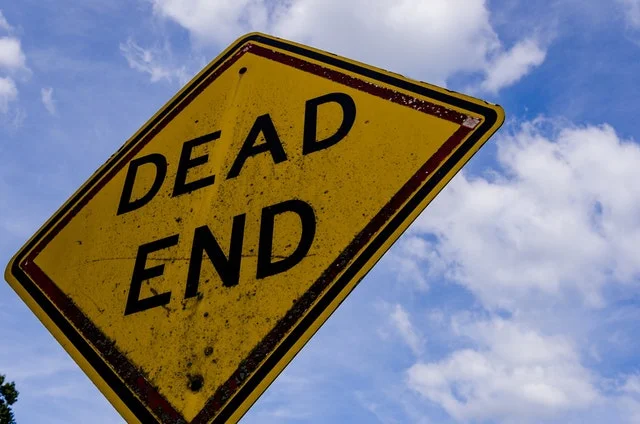How to Identify the Signs of Addiction Relapse.
PIXABAY/CC0
Article originally posted on thepracticeatx.com
Relapse is the eye of the addiction storm.
Addiction can be a heavy-handed topic, and it’s not always a pleasant conversation to have. But if you’re struggling with reading about it, imagine what it might be like to live with it. Help me spread the word; help others understand it, and help those with it so we can end it. We need to continue to better understand addiction so we know how to stay connected and supportive of those battling it.
In order to further your understanding I’m going to talk about relapse, and even more importantly, I’m going to talk about how to identify several warning signs of relapse.
What is relapse? And when does relapse occur?
Relapse is a process, not a single event.
It's an addict’s return to the addiction cycle or worse. Clinically, relapse is the physical act of someone in recovery putting alcohol/drugs into their body. That length of sobriety could have been one day or fifty years but when that substance enters their body the sobriety clock resets. As I said though, relapse is a process and just as anyone in addiction will tell you they didn’t wake up one day and choose to be an addict. No one in recovery just stops and says “today’s the day I return to rock bottom.” The process can be short and in earlier sobriety it might only be a month or a few weeks but more often it’s slow with several elements occurring subtly over time.
What are the relapse warning signs?
There are several different warning signs but in order to make them easy to remember I want you think of AA. Alcoholics anonymous is most known for its’ ties with helping those in addiction fight for recovery so it’s perfect that the warning signs of future relapse can be broken down into two categories; Attitudes and Actions (AA).
1. Attitudes
One of biggest warning signs I see – especially in early sobriety – is overconfidence. It’s the string of thoughts and sometimes outright statements that imply “I know everything I need to know” and “I can do this on my own.” Don’t get me wrong, having a sense of confidence and pride in what you’ve learned in treatment and/or meetings is powerful (and needed). However, when someone in recovery stops being willing to accept the support, advice or accountability of others there should be some red flags and alarms going off.
Another major warning sign of relapse is when someone in recovery becomes emotionally overloaded. More often than not this occurs as a reaction to an event like a job loss, afamily member passing away or a relationship ending, however medication changes and existing mental illness (like depression or bipolar) can also be a cause. These intense emotional moments will look like an exaggerated departure from the person in recovery’s normal emotional state. This could look like anxiety turning into panic, sadness shifting to grief or anger becoming rage.
2. Actions
One of the biggest warning signs at any point in recovery is Isolation. For any number of reasons, many in addiction put distance between those around them before relapse; this includes family, friends, loved ones, etc. This could be subtle like missing/skipping scheduled meetings or events like lunch dates, support group meetings, or work. It might also be more confrontational like lashing out or manipulating conversation in a manner that makes you feel as if you want/need to leave.
The last major warning sign relates more to inaction than action and can best be described as a general lack of self-care. A few examples of this could be eating poorly, exercising less or not at all, and/or maintaining unhealthy sleeping patterns. You might also notice that the person in recovery has a decreased interest in engaging in the activities or hobbies that you know they enjoy. This is especially important to notice because in addition to being a warning sign of future relapse it could also be an early sign of depression.
What do I do once I've seen the signs of addiction relapse?
Whether you’ve just seen one of them or all of them, you simply reach out. There are several ways to treat addiction but each of them starts with a conversation where you offer your ear and your heart. They might not be ready to share their thoughts or feelings with you at the moment but by keeping the conversation and the support open-ended, they will know they are loved and that someone else is willing to fight Addiction alongside them.
Kendall Campbell
Licensed Marriage and Family Therapist Associate
Counseling@kendallcampbell.com
(512) 920-3654
